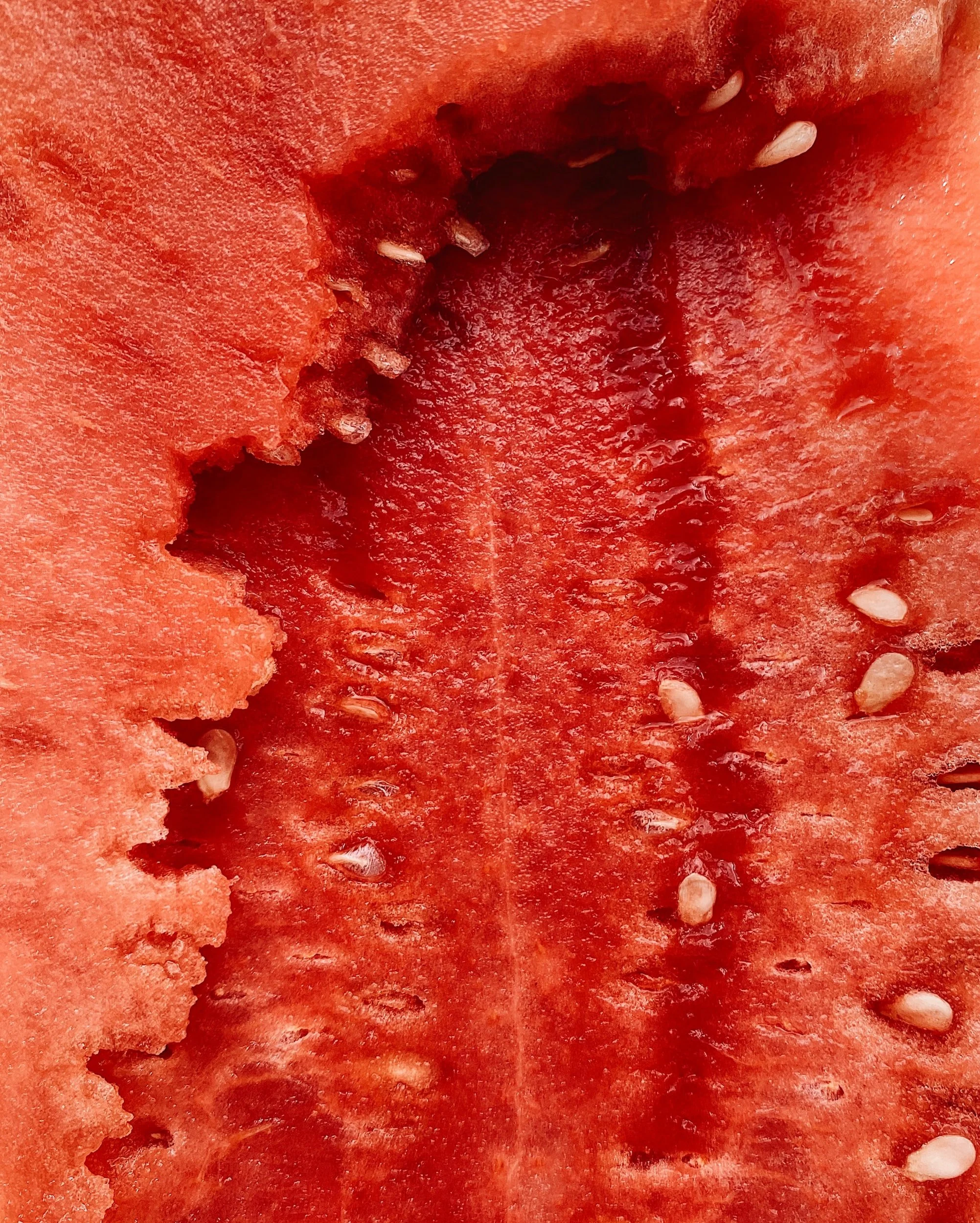The pressure to conform to idealised body standards is pervasive, affecting individuals across all ages and genders. This societal emphasis on appearance has led to a significant rise in body image concerns and eating disorders nationwide. The answer isn’t finding that “perfect body” it’s finding self love and acceptance. If you push your body too far from its natural being you’ll have to fight hard to sustain it which may lead to anxiety, depression, hormone imbalances and body distress.
Read MoreIn our quest for health and well-being, it’s essential to cultivate a balanced and positive relationship with food. Let’s explore the psychology behind eating habits, the pitfalls of restrictive diets, and practical strategies to overcome emotional eating and rebuild trust with food.
Read MoreWith over 3.6 million women in the UK currently affected by heart disease, it’s clear that women need to prioritise this aspect of their health. But what can be done to change the narrative around women and heart disease? Raising awareness and changing the perception of heart disease will empower women to take charge of their heart health, better understand the risk and know the symptoms to look out for.
Read MoreDo you tend to prioritise other’s needs over your own? Do you frequently seek validation and reassurance from others? Do you avoid conflict and always try to keep the peace? Do you say sorry even when you haven’t done anything wrong?
If so, you might identify with the term "people-pleaser".
Read MoreBreathwork practices have gained attention in recent years for their potential effects on various psychological processes, emotional release, and nervous system regulation. A great analogy is to think of the breath as the accelerator and brakes of the nervous system much like how a car's gas pedal and brakes control its speed. When you take slow, deep breaths, it’s akin to gently pressing on the brakes of the nervous system. By learning to use your breath, you can learn to control your internal state.
Read MoreIn the world of fitness and athleticism, the focus is often on pushing ourselves to our limits, striving for personal bests, crossing finish lines and achieving a certain aesthetic. While these achievements are undoubtedly gratifying, sometimes they can be out of reach; we can place unrealistic expectations upon ourselves that can overshadow the importance of nurturing our bodies, practicing kindness towards ourselves, and prioritising recovery.
Read MoreHave you ever wondered why you feel hungry or full at different times of the day? Appetite is a complex and personal experience that is influenced by various factors. Hunger is the primary driver and is controlled by hormones that stimulate or suppress appetite. To fully understand how our appetite works, we need to take a closer look at the biological, psychological, and environmental factors that shape it.
Read MoreWhen we look at how to manage PCOS there can be conflicting information and all the advice on social media can make it feel confusing. PCOS can affect our metabolic health, reproductive health and fertility and psychological health. It can seem confusing to understand where to begin, let’s start from the beginning and find a holistic approach to support your PCOS management.
Read MoreChronic fatigue syndrome (CFS) is a complex, chronic illness that significantly impacts the lives of those who experience it. It impacts various bodily systems including the neuroendocrine, nervous, immune and digestive systems, with evidence that there is a dysregulation between these systems, helping to explain the complex picture of symptoms that are seen in the illness.
Read MoreEating disorders are complex mental health conditions that can have serious physical and emotional consequences. They can affect anyone of any age, gender, ethnicity or background. An estimated 1.25 million people in the UK are affected by an eating disorder. Identifying the signs and symptoms early is crucial for providing timely support to those struggling with these disorders. In
Read MoreAlcohol use disorder (AUD) is a treatable medical condition. People struggling with AUD find it difficult to give up alcohol or control the quantity and frequency of consumption, despite its negative effects on health, relationships, finances, and career. Alcohol addiction is one of the conditions that come under the AUD spectrum (on the moderate to severe end). It is characterised by compulsive drinking and a negative emotional state when alcohol is not accessible or available.
Read MoreAnxiety is a complex emotion that everyone experiences at some point in their lives. It's a natural response to situations that challenge us or push us out of our comfort zones, and it's closely tied to our overall mental health. But did you know that there's a fascinating connection between anxiety and the health of our gut?
Read MoreHeartbreak is arguably the greatest agony for a person to endure. The loss of a loved one and the ending of a relationship involves not just the pain of the news, and the need to rapidly process a change of circumstances, it can leave us feeling spinning out of control and afraid for our future. We may sincerely believe we will never love, or be loved, again.
Read MoreUnderstanding the phases of a menstrual cycle is empowering for a woman. It certainly has benefited me hugely, understanding why I might feel a certain way, or why I might be hungrier at a certain point in my cycle.
Read MoreThe consumption of free sugars in moderation is not harmful. However, free sugars are energy dense and increase the energy intake of the overall diet. Many individuals consume more sugar than the recommended daily intake without realising. The food industry incorporates free sugars into almost all processed foods, such as sauces and ready meals that are consumed daily in the typical Western diet. The excessive consumption of free sugars in food makes maintaining a healthy body weight more difficult. In addition, it has been linked to chronic diseases, including non-alcoholic fatty liver disease and non-communicable diseases, such as type 2 diabetes and cardiovascular disease.
Read MorePremenstrual Syndrome (PMS) refers to the psychological and physical symptoms some women may experience in the luteal phase of the menstrual cycle (1 to 2 weeks prior to the onset of a period). Symptoms usually last a few days and disappear with the onset of menstruation. Approximately 47.8% of women of reproductive age globally are affected by PMS. In 20% of cases, symptoms are severe and can cause significant disruption to a woman’s daily life.
Read MoreWe’ve all been told to have eight glasses of water every day to stay hydrated, but what’s the truth in that and when might hydration needs vary? We’ve invited Laura Jennings, who has a Masters in Nutrition, to share ideas around how body composition and physical activity levels aren’t the only factors to be taken into consideration.
Read MoreCollagen supplements claim to help skin, joints, bone and muscle… but do they really work? Let’s explore more with Laura Jennings.
Read MoreWe’ve all heard how we should try to eat a healthy balanced diet to live our best lives. This is the ethos behind the GoodLife brand and each and every product in our range has been carefully developed to provide a nutritionally balanced base for a meal.
Read MoreIn mid-May we hosted a (sold out!) workshop called “Body Image & Unlocking Your Authentic Self” and it was totally heart-warming to be together in-person after covid.
Read More



















